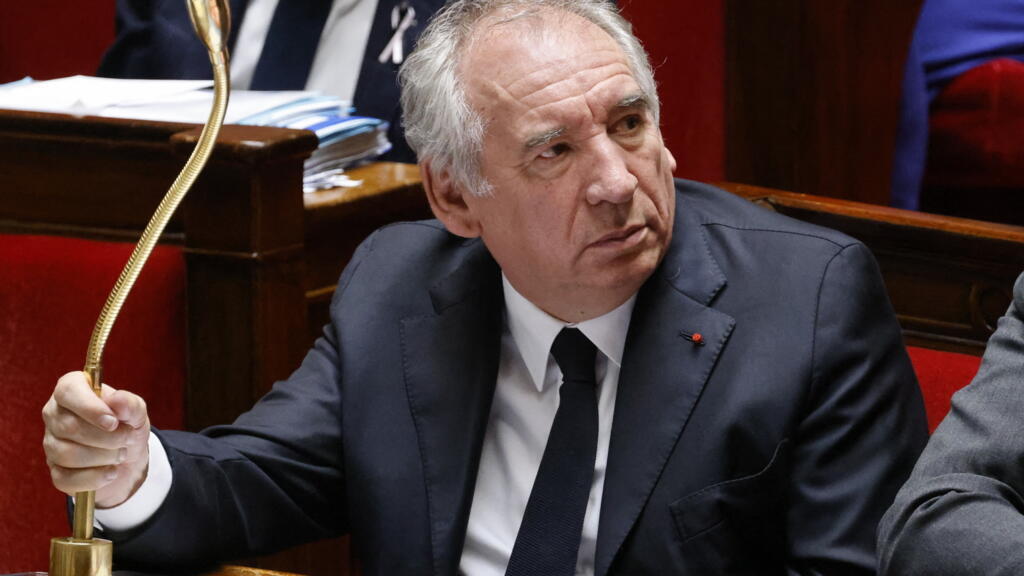French Prime Minister François Bayrou has raised the possibility of holding a national referendum on a comprehensive plan to reduce France’s debt and bring the public deficit below 3 percent of GDP, a threshold set by European fiscal rules.
In an interview with the Journal du Dimanche published Saturday, Bayrou said the gravity of the issue and its consequences for the nation’s future warranted a direct consultation with citizens.
“I believe the question is serious enough, with far-reaching consequences for the country’s future, that it should be put directly to the people. I do not rule out any possibility,” he said.
Bayrou emphasized that the plan would require efforts from everyone and could only succeed with broad public support.
“It’s a comprehensive plan I want to submit. It will demand efforts from everybody, and given its scale, it cannot succeed unless the French people support it. Without that approval, it will not hold,” he said.
President decides
Under France’s constitution, only the president can call a referendum, but Bayrou said the government could propose the idea.
“The government proposes, the president decides. But the key issue is whether the French support the reforms,” he noted.
Bayrou criticised the piecemeal approach to previous budgets, likening it to “removing a leaf here, adding one there,” and called for a clear, unified strategy.
(With newswires)
Read also:
French PM pushes through budget, faces second no-confidence vote
France has ‘one of the worst deficits’ in its history, minister says
EU hails ‘promising’ initial budget talks with France
